
Duiker
Safari in National Parks: Lake Manyara and Ngorongoro Crater
Best safari in Tanzania for those who want to see the maximum number of animals in a short time. First you will visit Lake Manyara - a magnificent park, in which in the period from July to September flocks of flamingos gather for nesting. They spread across the surface of the lake like sea foam, making an image that will imprint in your memory forever. Ngorongoro almost needs no explanation - the crater is included in virtually all safari programs, because it is one of the most beautiful and populated parks and boasts its own ecosystem.
Benefits
We personally inspect every lodge and park before they land on your travel itinerary
Annually approved for tour operating activities by the Ministry of Natural Resources and Tourism
Our team of qualified safari experts knows how to tailor your adventure to your individual travel style
We use only new Land Cruisers produced in 2016-2023 and fitted with a fridge, Wi-Fi and sockets
Safari Tour "Duiker" Price
 Safari tour Duiker
Price per person
Safari tour Duiker
Price per person
 Safari tour Duiker
Price per person
Safari tour Duiker
Price per person

"Duiker" Safari Itinerary
The group arrives at Kilimanjaro Airport (JRO). Participants are met by a representative of Altezza Travel and transferred to a hotel in Arusha.
Note:The hotel cost only includes breakfast. Check-in starts at 2:00 PM.
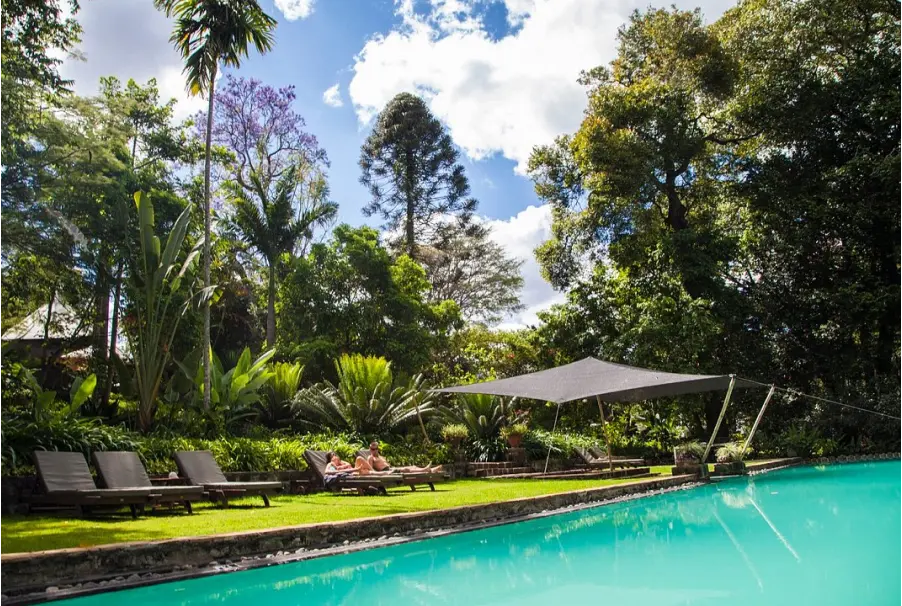
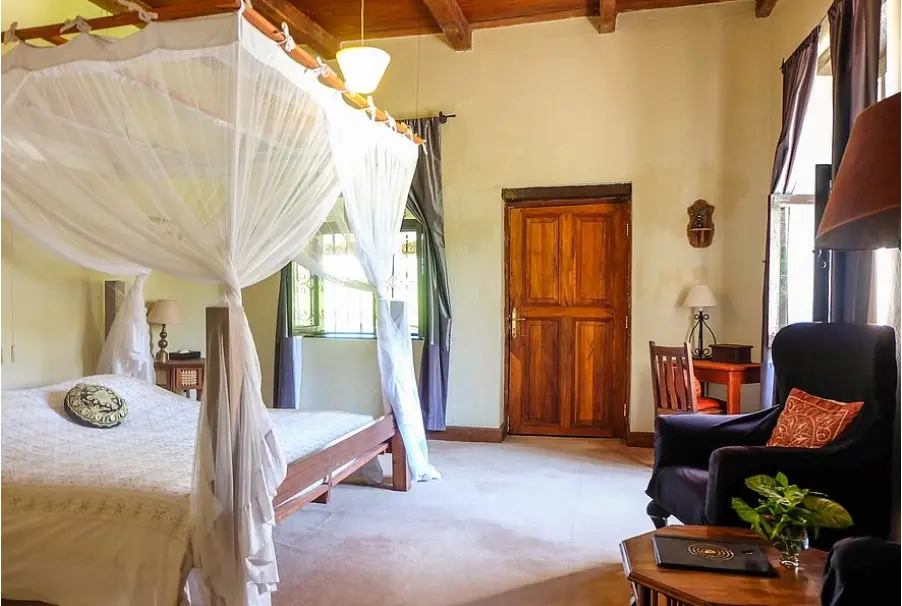
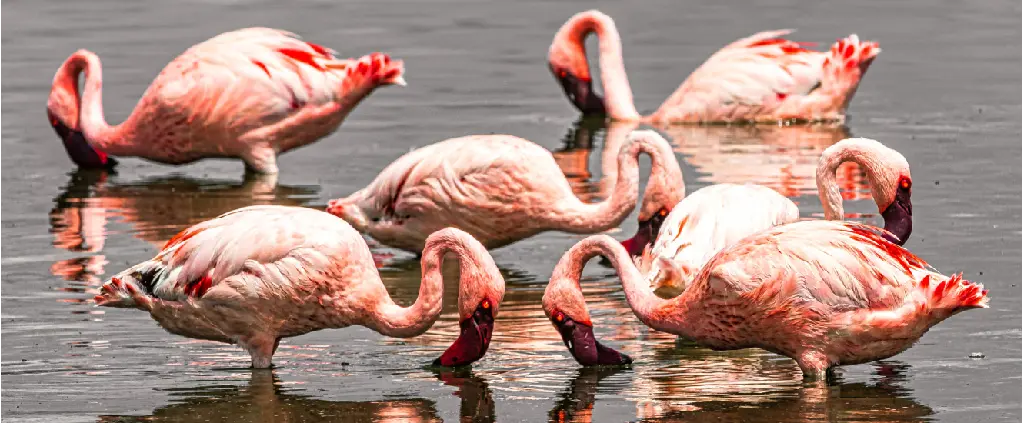
In the morning after breakfast (around 7:30 AM) your safari guide will arrive at the hotel and inform the receptionist that he is waiting for you. After meeting up with your driver you will travel to Lake Manyara National Park, and by 10:00 AM you will already be on your first safari!
The entire territory of this park is cut through with ground water streams that provide a favorable environment for plants and, in addition, for a multitude of birds (including pink flamingos) and African forest animals.
Around lunchtime you will visit the Maji Moto hot springs and the driver will provide you with personal lunchboxes. After this stop the safari will continue, and by evening you will be transferred to a hotel.
Additional notes:
This is your first day on safari, so we ask that you please pay special attention to the national parks visitor rules and our company recommendations.
- During the safari it is strictly prohibited to exit the vehicle, except for in specially designated areas. Violations of this rule may be accompanied by large fines for the company, including the revocation of its license.
- Off road driving is also prohibited, as such behavior may cause irreparable damage to the fragile balance of the natural ecosystem.
- During the safari you are allowed to smoke, but be extremely careful about how you extinguish and dispose of cigarette butts, as they are a frequent cause of fires in the savanna.
- In addition, we sincerely request that you not put your feet on the safari car's seats, nor sit on the back of them, because this type of behavior quickly makes the cars unusable.
Thank you in advance for your understanding.
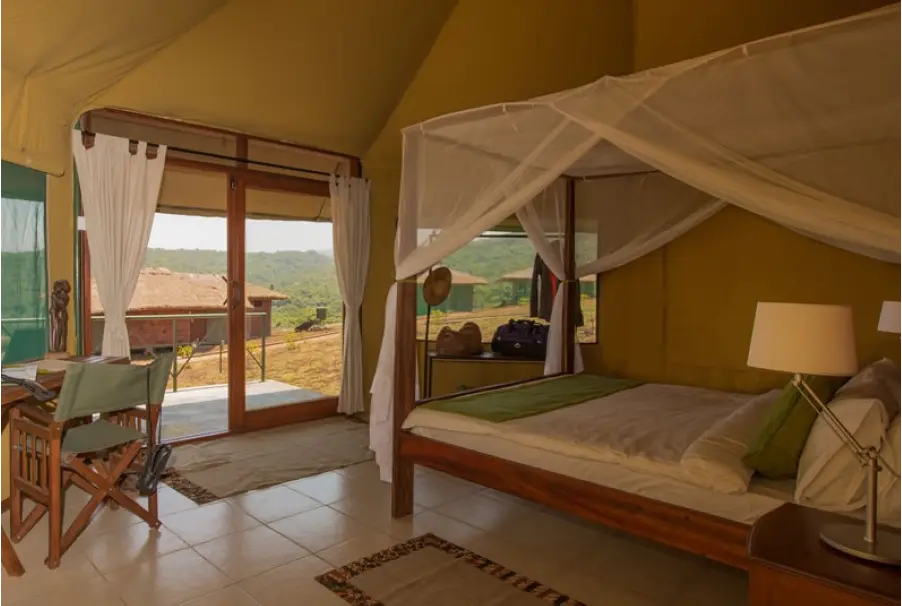
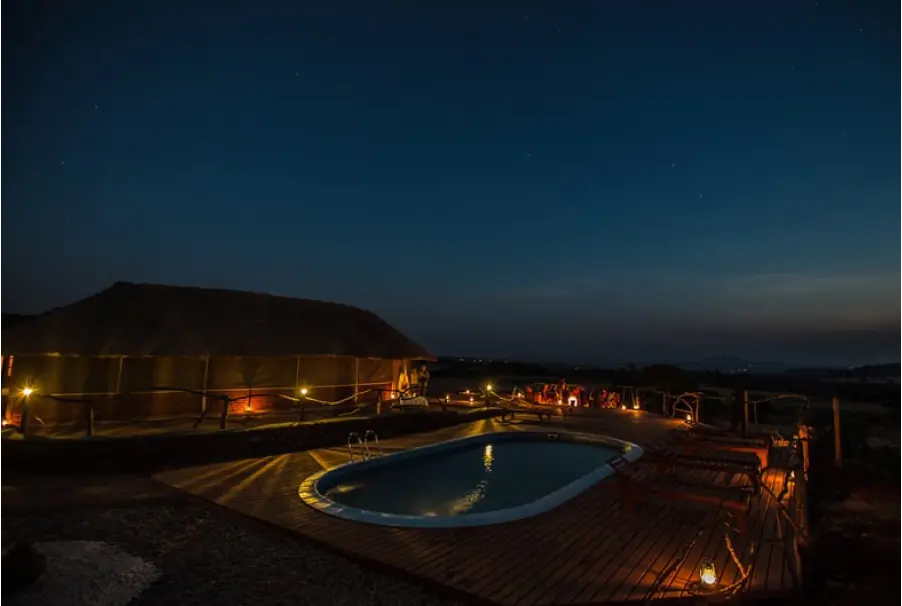
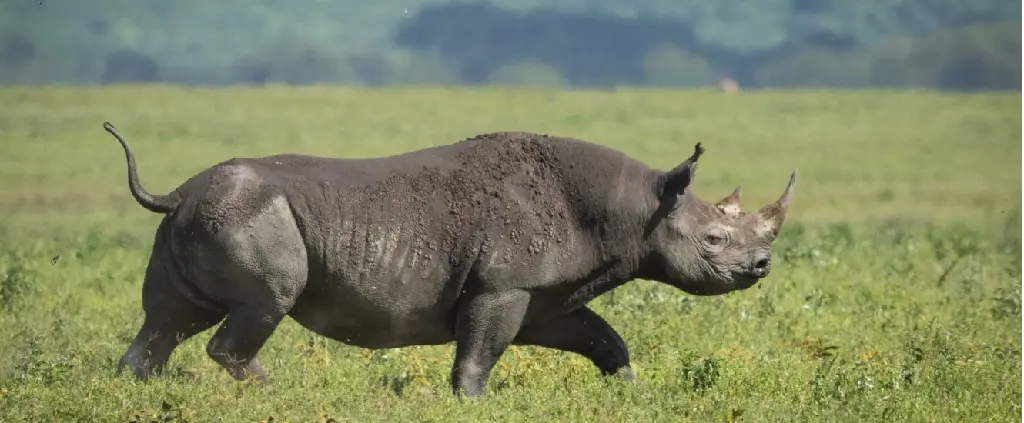
On this day it is best to leave the hotel as early as possible so you can see the variety of animals that are only active during the morning hours; breakfast will be packed in lunchboxes specifically for this purpose. At 6:30 AM you will set off for Ngorongoro Conservation Area, and after about an hour you will already be inside the crater.
Ngorongoro is one of the most famous and interesting of Tanzania's national parks because here you can find the greatest number of different animal species per square kilometer. You will have the chance to see buffalo, elephants, lions, wildebeests, zebras, hippopotamus and feline species such as caracals and servals. The luckiest travelers might even see a rhinoceros, an animal whose numbers are rapidly declining.
By lunch time you will arrive at the lake side, where you will be offered lunchboxes, after which the safari will continue.
In the evening you will be transferred back to the hotel in Arusha.


Rest in the hotel and transfer to the airport.
Note:Hotel check-out is at 11:00 AM. In case you need a late check-out because of an evening flight, you have the option to extend your hotel stay till 6:00 PM for an extra fee.
 Safari Cost Includes
Safari Cost Includes
- Pick-up at Kilimanjaro International Airport (JRO);
- Transfer to a hotel in Arusha and back to the airport;
- Accommodation before and after safari (double rooms, breakfast included);
- New SUV (2016-2023) Land Cruiser 4x4 with pop-up roof;
- Experienced English-speaking safari guide;
- 24/7 phone support;
- All park fees;
- All accommodation under your program;
- Three meals per day on safari;
- Air Ambulance Service by AMREF Flying Doctors;
- Bottled water and soft drinks throughout the tour;
- Thermos with hot tea/coffee;
- Medical kit;
- Binocular (1 per SUV);
- Wet wipes.
 Safari Cost Excludes
Safari Cost Excludes
- Air tickets;
- Visa fee;
- Lunch and dinner in hotel (only before and after safari);
- Insurance;
- Tips to your safari guide ($30-50 per day per car).










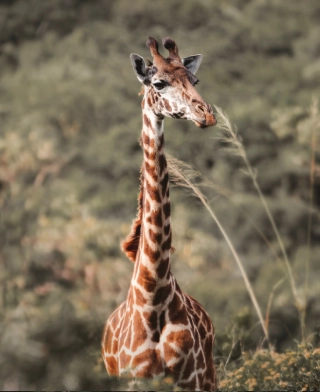
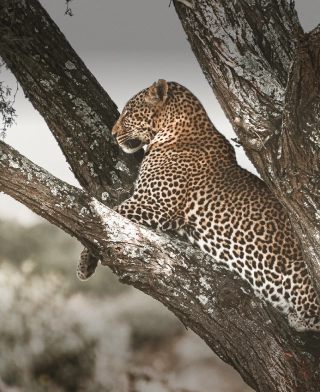
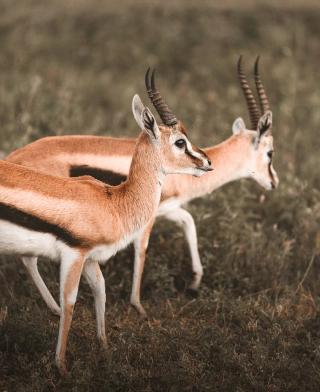
 View All Tours
View All Tours 
